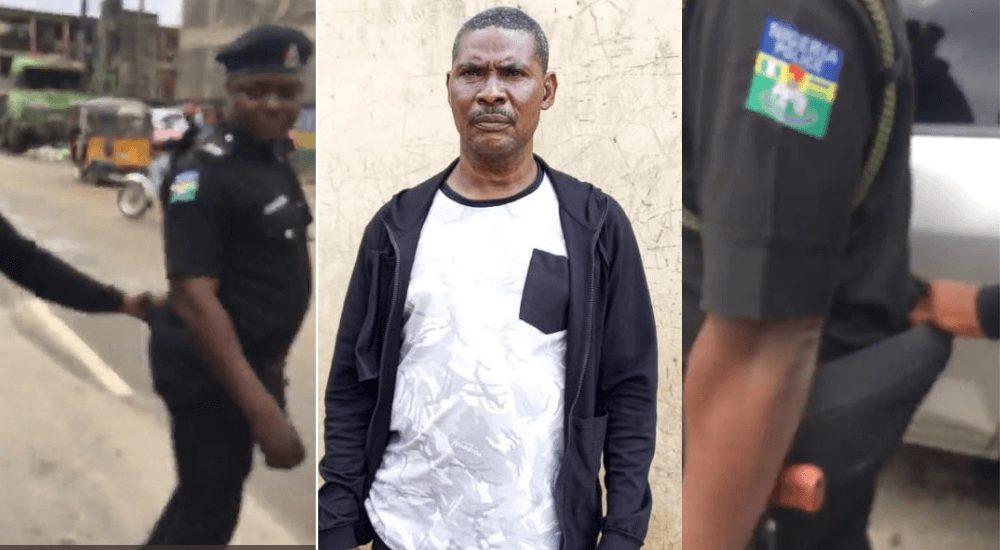Over 70% Of Nigerians Don’t Trust Police —Report
A report from a survey conducted by the NOI Polls has revealed that 73 per cent of Nigerians do not trust the personnel of the Nigerian Police Police.
This is just as crime and security have ranked 41 per cent among 16 major problems Nigerians have identified in the survey.
Advertisement
The survey conducted by NOIPolls, a research organisation and Afrobarometer’s national partner for Nigeria and presented in Abuja, was collated through face-to-face interviews within the past year and fieldwork in March 2022.
The result showed that only 15 per cent of Nigerians trust the police “somewhat” or “a lot” which is the lowest among key public institutions the survey asked about.
Also, 73 per cent of Nigerians said “most” or “all” police are corrupt, which is the worse among public institutions like the parliament.
The survey also revealed an increase in the number of Nigerians who feel unsafe in their homes as six out of 10 Nigerians rate the handling of abductions by the police as “fairly bad” or “very bad”.
Advertisement
Also, at least 77 per cent of Nigerians in the survey highlighted three major threats to safety in their neighbourhoods. The threats are theft break-ins, robbery (using or threatening to use force) and kidnapping.
Speaking at the event as a panellist, Kemi Okenyodo, founder of Rule of Law and Empowerment Initiative (Partner West Africa Nigeria) said the Federal Government had failed in its primary responsibility to provide safety, security and welfare to its citizen, noting that the police is also the face of the government.
Okenyodo stated that Nigerians take a brunt of the disaffection for the government, but added, “the police operate within the political environment in which they find themselves”.
She said, “From that data, it shows that the government has failed in its primary responsibility to its citizen. When you also look at the data on the police, it shows that people minimise requests for assistance; people are not going to the police for assistance yet we are engaging and coming in contact with them.
“The question you’ll ask is who are they going to for assistance? So, self-help mechanisms most times have been put in place. You will see from the data that people trust religious and traditional rulers more than they trust agencies of government.
Advertisement
“Until we come to a middle ground, we will continue to deal with groups like IPOB (The Indigenous People of Biafra) that will initially come up, enjoy the trust out of the people, become politicise and then turn against the same people they claim to protect.
“IPOB is not an isolated case, go to any part of the country, and you have a such mechanism in place. In some parts of the country, this mechanism has been adopted by the state and its elites and we seem to be dancing around it. We are in a pre-election year, and the question is what role are these actors going to play that is if the elections hold?”
Also speaking, at the event as a panellist, security expert and owner of Beacon Consulting, Kabir Adamu linked the increase in crime and insecurity to the pre-election year which has made the conversation on insecurity crucial.
“Part of the discussion being held at the moment is what impact will insecurity have on the election? Even if for instance, the election is to hold, will the insecurity in certain locations affect the integrity of the election?
“Also, the political class seems to have manipulated the process and have highlighted issues that unfortunately are distracting us from addressing the insecurity challenge.
“We are in a prelection year, the issue has been politicised and we have two fault lines which are ethnicity and religion and unfortunately, it is the task before us,” Adamu said.



